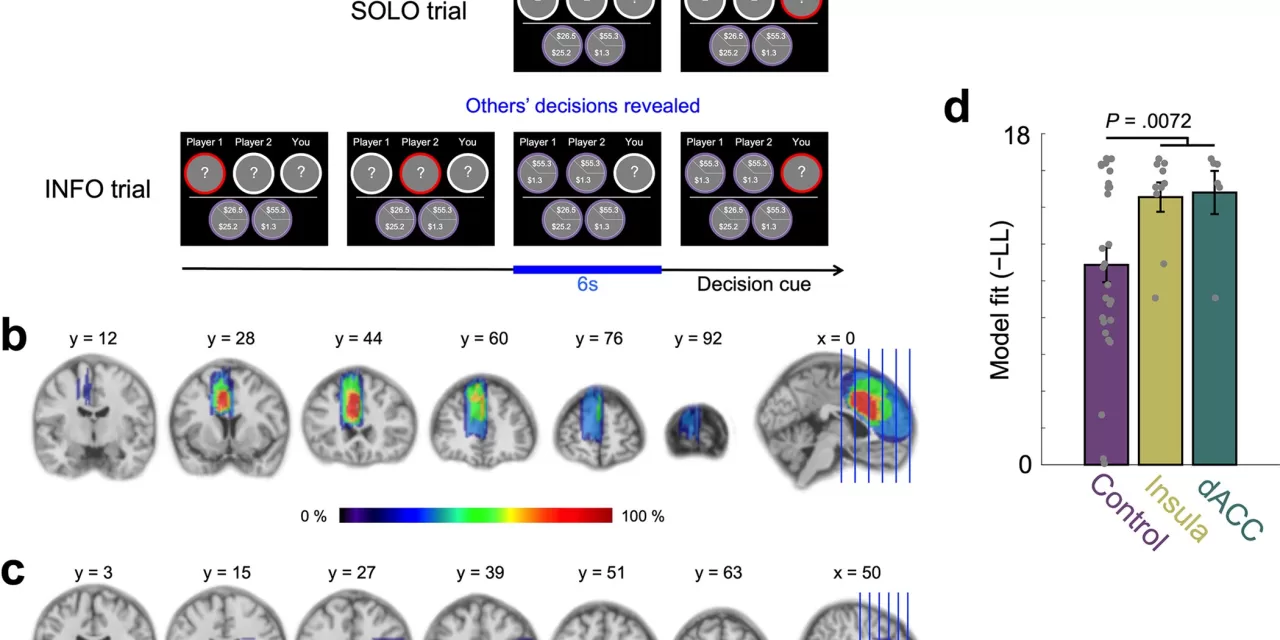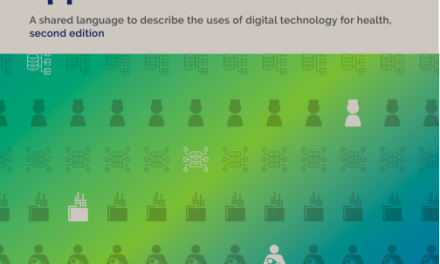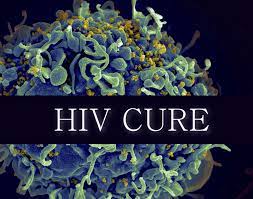In times of uncertainty, when we lack information, we often find ourselves imitating the choices of others. For example, if everyone at a restaurant is ordering the same dish, you might be more likely to order it too, even if you had a different preference. This highlights a tendency to conform to others when faced with ambiguity.
A new study by researchers at UNIST and Virginia Tech investigated how the decisions of others influence our own decision-making in uncertain contexts. The study found that the brain employs a “heuristic” strategy that reflects social information from the choices of others during decision-making. When we are unable to make value judgments based on our own preferences, we tend to take the shortcut of imitating the decisions made by others.
The researchers arrived at these conclusions through experiments conducted on participants with partial damage to the brain’s insula or dorsal anterior cingulate cortex (dACC), regions known to play critical roles in processing uncertain information. In the study, participants engaged in a gambling task where they chose between two options with different risk-reward profiles. Some trials allowed participants to observe the choices made by others before deciding, while other trials required them to make their decisions independently.
The results indicated that participants with brain damage struggled to evaluate options according to their risk preferences. Moreover, the effect of conforming to others’ decisions was notably heightened in social situations where participants had the opportunity to observe the choices of others.
The researchers noted that the implications of these findings could extend to adolescents, whose individual preferences may be in flux. Both situations of uncertainty and the lack of established personal preferences can make it difficult to make value judgments based on individual preferences.
“This study sheds light on why individuals with unclear personal preferences may be particularly sensitive to the opinions of those around them,” said Professor Dongil Chung, who led the research team. He emphasized the importance of creating a supportive environment and implementing educational approaches to help establish individual preferences as a means of addressing social issues such as addiction.
The study is published in the journal PLOS Computational Biology.












